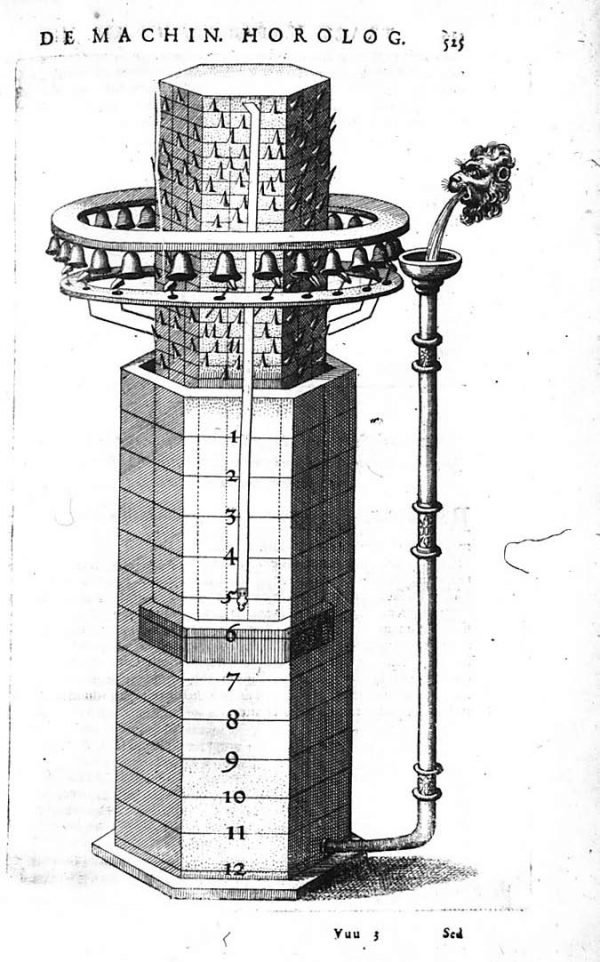lost? HOME » PRELUDE: WORLDMAKING » DEVELOPING A WORLD PICTURE » TECHNICS » HOROLOGY
HOROLOGY
revolution in time – david landes
In 1577 Matteo Ricci, a young Italian of noble family, then in his sixth year of service in the society of Jesus, volunteered for missionary work in the East Indies […]
Ricci […] brought with him globes and maps that were like magic casements opening on distant and unknown lands. Above all, he awed and delighted his hosts with his ‘self-ringing bells’ – striking clocks, ‘such as never before had been seen in China.’ ‘These globes, clocks, spheres, astrolabes, and so forth [so the technologies of time and space], which I have made and the use of which I teach, have gained for me the reputation of being the greatest mathematician in the world […]’
[…]
The instruments that Ricci brought with him may or may not have been more accurate than those in use in China at the time; they were, as we shall see, very approximate timekeepers. But they were portable and held out the promise of the private knowledge of time – that is, time as an ever-present personal companion.
[…]
Ricci’s dazzling display of new knowledge and wonderous objects was meant to do more than simply charm and seduce his hosts. Ricci was fishing not merely for compliments but for souls.
Clockwork was God’s work.
Today such an equation seems patently simplistic. […] Yet to understand the Jesuit argument, we have to take ourselves back to a more innocent age, caught up in the intoxicating exhilaration of new knowledge and only too happy to infer therefrom a more general virtue. [45]
[…]
The clock did not create an interest in time measurement; the interest in time measurement led to the invention of the clock. [58]
Where did this demand come from? […]
It is worth pausing a moment to consider this temporal discipline of Christianity, especially of Western Christianity, which distinguishes it sharply from the other monotheistic religions and has not been adequately examined in the literature on time measurement.
Christianity, especially monastic Christianity, differs from both [Judaism and Islam]. […] By the early third century, Tertullian, acknowledging the impracticality of the Pauline ideal of ceaseless prayer, recommended daily prayers at set times: in addition to the morning and evening prayers prescribed by the Law, there would be devotions at the third, sixth and ninth hours.
Tertullian asserts that they were recognised as temporal punctuation marks by all nations.
